Jaz Llamas, MS Student
| Q: Hometown? Q: Where did you study for your undergraduate degree? Q: What experience led you to pursue your current career path? Q: Favorite place you have lived or visited? | A: I've lived long enough in San Diego that I consider it home, but I spent my early years bouncing around a few different states and counties. A: I did my undergrad right here at SDSU! finished with a BS in Biology with an emphasis in ecology and came back for more A: After dealing with the more bureaucratic side of habitat managment and conservation at my day job, I wanted to try my hand at the research side of things and developing actionable ideas that might improve on current practices. A: South Carolina! I got to see fireflies And cicadas for the very first time. What a treat! Like a concert with pyrotechnics. |
Corey Kramer, PhD Student
| Q: Hometown? Q: Where did you study for your undergraduate degree? Q: What project were you working on immediately before joining the Lewison Lab? Q: What experience led you to pursue your current career path? Q: What are you most excited about in joining the Lewison Lab and the SDSU Ecology Program? Q: What is your favorite study species you have worked with? Q: Favorite place you have lived? Visited? Q: Who is your science hero? | A: Marion, Iowa. A: University of Northern Iowa in Cedar Falls, Iowa. A: I was in Saskatoon, Saskatchewan getting my master’s degree working on wild pig habitat selection and movement in hopes of informing future management decisions. A: I initially wanted to do PT/athletic training (as an often-injured athlete) or something with wildlife. During my freshman year I was told I can’t play football and do PT/athletic training, so the decision was mostly made for me. Then, in my 5th year of undergrad (after quitting football and transferring to UNI after my freshman year), my mentor told me he thought I’d be great in academic research, so…here I am *shrugs* A: I get to break into new areas of research (population modeling and predator prey dynamics [fingers crossed on the latter]), while also still being able to study the spatial ecology of large mammals. A: In terms of ecological interest, wild pigs (so far). In terms of being adorable, wood turtles for sure. A: Lived? San Diego. No offense to Marion, IA and Saskatoon, SK, but they don’t really compare when it comes to the weather, the ocean, and the food. Visited? Banff, AB. If you’ve never been, go. During the winter it’s a legit winter wonderland. A: Steve Irwin. I had his Animal Planet show on so much as a kid, my mom threatened to get rid of the TV because she was tired of watching the reruns every day. |
Erica Mills, MS Student
| Q: Hometown? Q: Where did you study for your undergraduate degree? Q: What project were you working on immediately before joining the Lewison Lab? Q: What experience led you to pursue your current career path? Q: What is your favorite study species you have worked with? | A: San Francisco A: Vassar College (which happens to also be Dr. Lewison's alma mater!) A: I was working as a seasonal technician for University of Wisconsin Madison on a California spotted owl (Strix occidentalis occidentalis) bioacoustic monitoring project in the central Sierra Nevada region. I deployed and retrieved acoustic recording units throughout Tahoe, Eldorado, Stanislaus, and Sierra National Forests to assess current home ranges and monitor their population status. A: I was originally pursuing a career in education and had the opportunity to work as a walking tour guide one summer at the San Diego Zoo Safari Park, where I learned about all the innovative research and technologies being developed within the field of wildlife conservation. That experience piqued my interest in developing my own research methods that could be specifically applied toward management and recovery of endangered species. A: I am partial to the California least tern since I have done the most work with them. They are silly, adorable birds that visit San Diego each spring/summer to breed but their populations have been declining throughout the past decade, so my thesis research is focused on figuring out what specific factors are responsible for that decline as well as how to create targeted management practices to address them. |
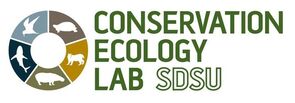
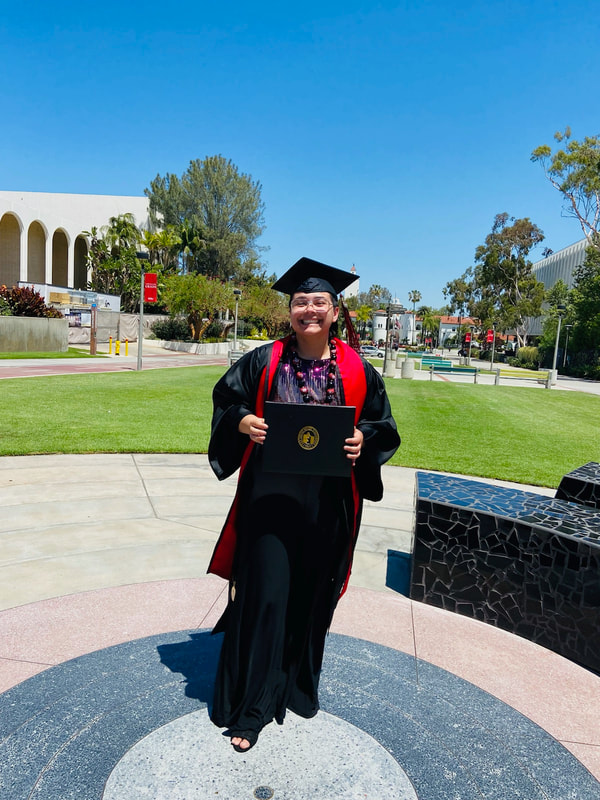
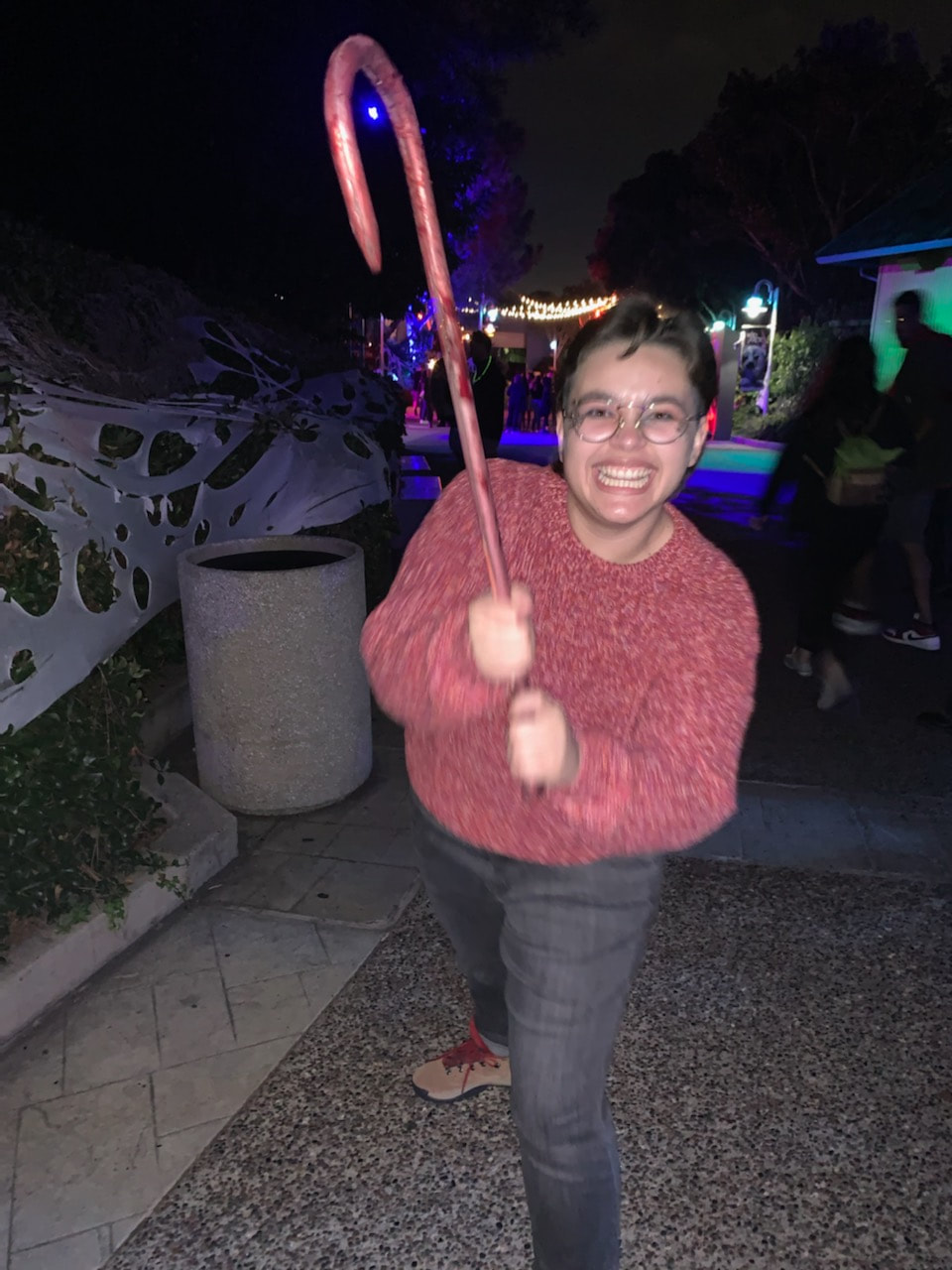
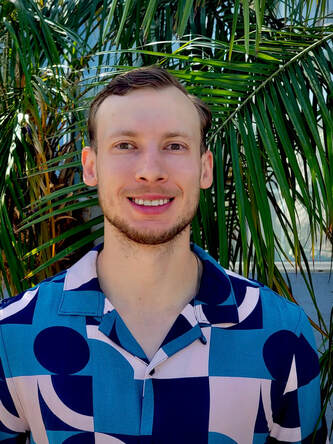
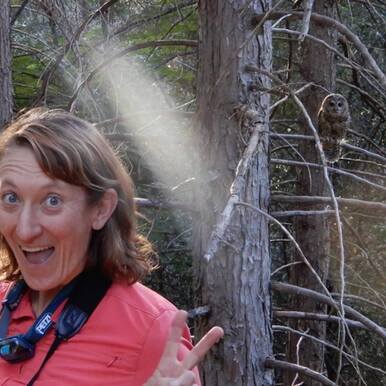
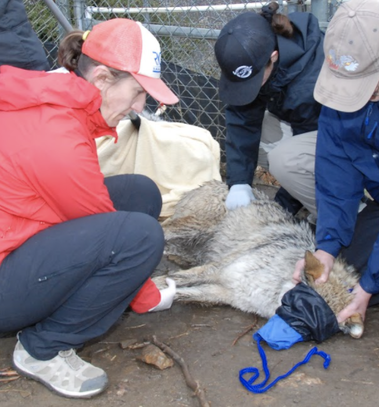
 RSS Feed
RSS Feed
